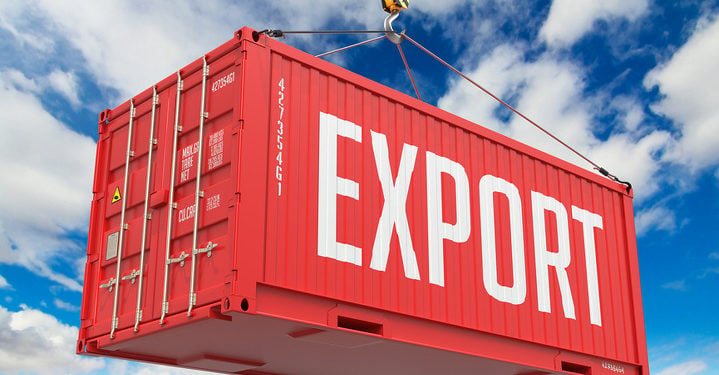Amid acute dollar shortages, Africa’s biggest economy is failing to tap the opportunities to boost its non-oil exports under the African Growth and Opportunity Act (AGOA) to earn the much-needed foreign exchange for its economy.
South Africa, Kenya, Madagascar, Lesotho, and Ghana dominated the 2022 non-oil AGOA exports, accounting for 90 per cent of the total non-oil AGOA exports in 2022, with Nigeria missing on the list.
AGOA, a U.S. trade initiative established in 2000, allows African nations to export various products, especially non-oil goods, to the United States on favourable terms, thereby promoting economic development and trade on the continent.
It has been a crucial lifeline for many African economies, offering opportunities to access the vast American market.
“South Africa is the top supplier of AGOA non-energy imports, with eligible imports increasing 46 percent in 2022 from 2021, partly driven by higher motor vehicle imports,” said Liana Wong and Brock Williams, analyst and specialist in International Trade and Finance.
“Imports from Madagascar increased by 45 per cent, making the country the third-largest AGOA beneficiary of non-energy imports,” they added in their Congressional Research Service (CRS)’ material titled ‘In Focus’.
“AGOA non-oil imports increased by 21 percent in 2022 to $5.0 billion. Top non-oil import categories include motor vehicles ($1.5 billion), textile and apparel ($1.4 billion), agricultural products ($679 million), metals ($626 million), and chemicals ($286 million),” the CSR report notes.
South Africa has led the charge in non-oil AGOA exports, increasing its exports by 46 per cent in 2022 from 2021.
The nation’s exports have ranged from automobiles and machinery to agricultural products, with a substantial increase in demand for its wines, citrus fruits, and processed foods.
Kenya has also played a pivotal role. The country’s floriculture, textile, and apparel exports have flourished under AGOA, catering to the U.S. market’s insatiable appetite for high-quality products.
Madagascar, another star on the AGOA stage, increased its exports by 45 percent, making the country the third-largest AGOA beneficiary of non-energy imports. This island nation has managed to tap into niche markets in the United States, especially in the food and fashion industries.
Lesotho, a small, landlocked country, has carved a niche in the textile and garment sector, becoming a key supplier to American retailers. Its ability to produce high-quality apparel at competitive prices has propelled Lesotho’s status as a significant player in AGOA exports.
Ghana also has seen remarkable growth in its apparel and clothing sector. The nation’s ability to produce trendy, affordable clothing has made it a favoured supplier for American retailers, contributing to Ghana’s increased share of AGOA exports.
Nigeria’s non-oil AGOA exports have remained stagnant, primarily comprising a few agricultural products and handicrafts.
Though, “Nigeria was the top supplier of energy products in 2022 ($3.4 billion)”, experts have said that it is increasingly important for African nations to diversify their economies and expand their non-oil export sectors.
“Sub-Saharan African (SSA) countries exports under the AGOA scheme have been largely concentrated in oil/petroleum products (with Nigeria and Gabon taking the lead), an exclusion of petroleum products has seen the rise of Apparel exports led by Madagascar, Ethiopia, and Kenya,” Wong & Williams noted.
Nigeria’s absence from the list of dominant non-oil AGOA exporters is a reminder that economic diversification, investment in infrastructure, and innovation are essential to harness the full potential of initiatives like AGOA, experts say.
“For the last two decades, AGOA has helped Africa grow its extraordinary economic potential.
“AGOA has been a vehicle for workers and businesses across Africa. This is important, as all of us continue our economic recovery from the COVID pandemic.”
“Consider this—total goods imports into the United States under AGOA was about $10 billion in 2022, a significant increase compared to $6.8 billion in 2021.”
“Non-petroleum imports, which are major sources of new investment and jobs in Africa, increased to $5.7 billion in 2022, from $5 billion in 2021,” the US ambassador said.



